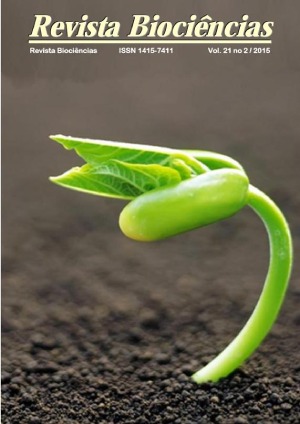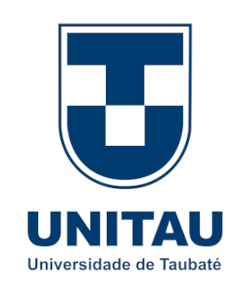Influence of the endo-symbiont Leucothoe wuriti (Thomas & Klebba, 2007) (Crustacea, Leucothoidae) on the biomass of Phallusia nigra (Savigny, 1816) (Tunicata, Ascididae), in the northeastern coast of the São Paulo State, Brazil
Palavras-chave:
interspecific association, Ubatuba -SP, filter-feedingResumo
The ascidian Phallusia nigra shows a large geographical distribution on the tropical belt over the world. It is a solitary benthic filter-feeder species, black color and so commonly founded attached on the natural and artificial reefs. It is sessile nature became this animal a suitable substratum to the development of symbiotic organisms as the amphipod L. wuriti. However, this relationship could bring some disadvantages to the tunicate, once the presence of the amphipod into the ascidian may block its food intake. The main purpose of this investigation is evaluating the effects of the presence of the L. wuriti on the biomass of the ascidian P. nigra in the southeastern Brazilian coast. Thirty ascidian were caught fouling on the wharf columns at Itaguá beach,Ubatuba municipality, in the northeastern coast of São Paulo State (23°27’07.S 45°02’49.W). A total of 142 individuals of L. wuriti were obtained from the atrium and oral siphon of P. nigra, within average mean number of 4.96 ± 2.96 amphipods by tunicate. A positive association between ascidian biomass and amphipod biomass was verified, suggesting that the presence of amphipods inside ascidians seems cause no problems concerning to the food intake and growth for these tunicates.






